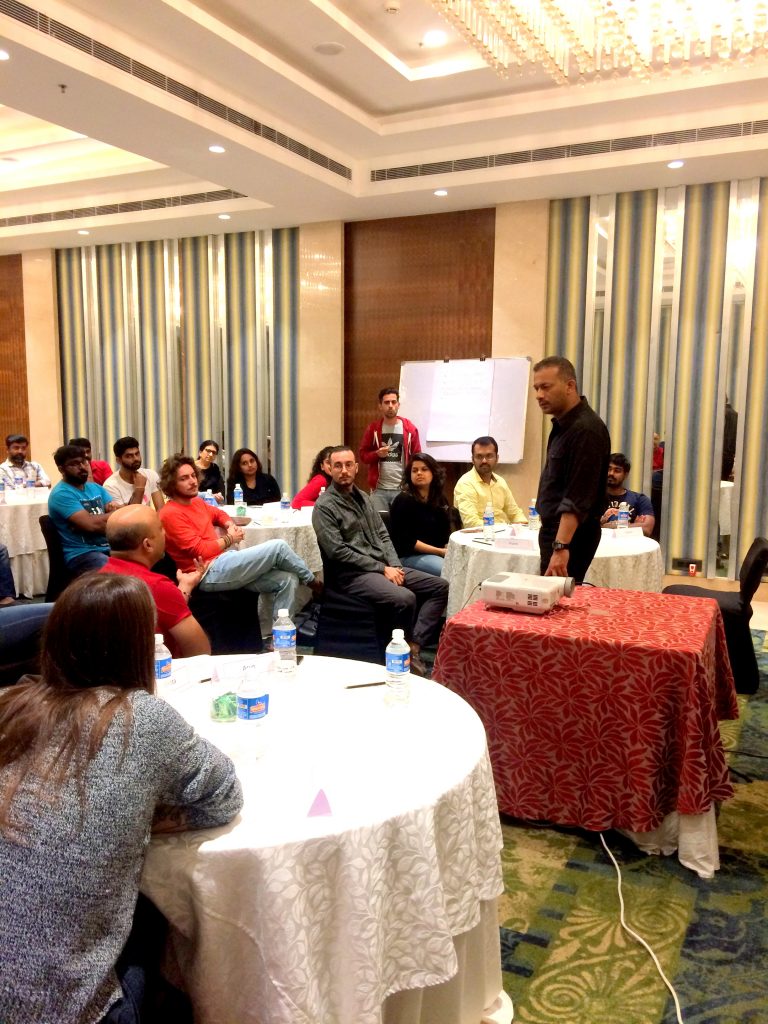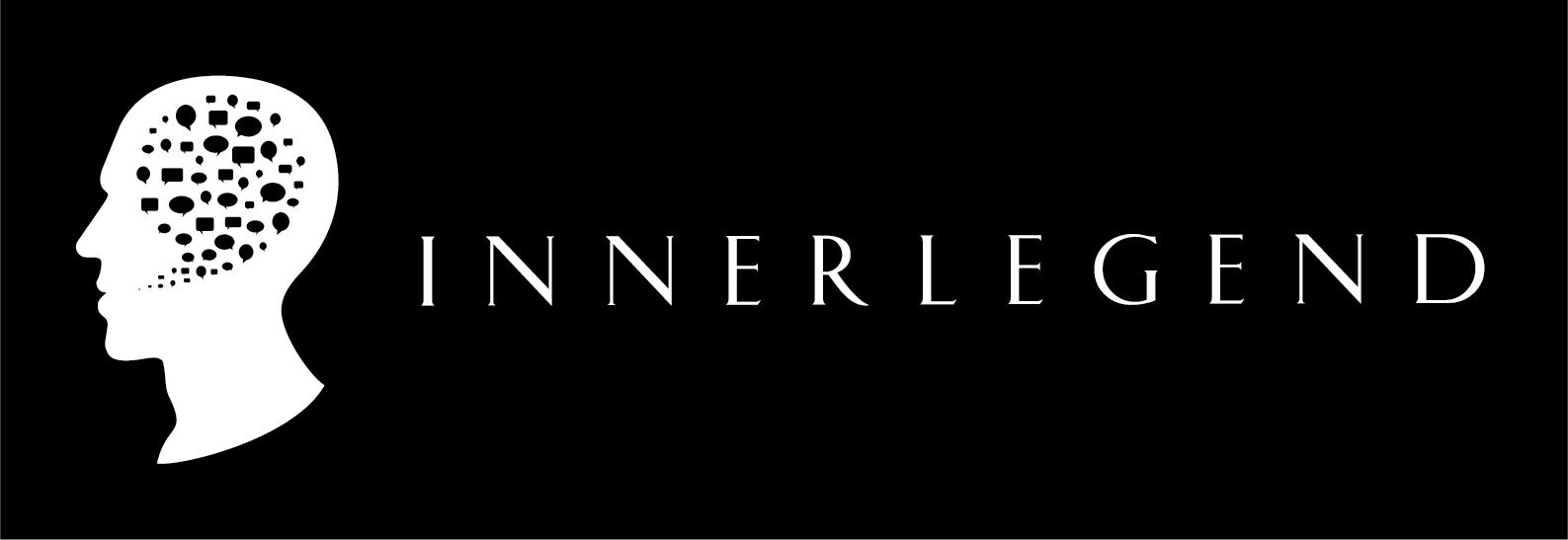
“Most people do not listen with the intent to understand; they listen with the intent to reply”
– Stephen R. Covey
The journey to becoming a coach is a challenging pathway that primarily forces aspirants to transform the way they truly listen to people both in their personal and professional capacities.
A few months down the journey, questions that invariably arise are :
“Is it possible for me to listen in a way that can truly transform people’s lives?”
“Can the process of listening be so powerful, so as to really help people overcome their life problems?”
“How does it show up differently than how we normally listen?”
“What would I need to do to practise listening that way and sustain it ?”
Anyone who has really bothered with putting themselves through the grind of becoming a better leader, a better boss, a better manager, a better spouse, a better friend, a better coach or simply a better human being, would have figured that, the way in which we listen would play a central part in the process.
There are numerous types and kinds that researchers have categorised the act of listening into, some of which are: habitual listening, passive listening, active listening, factual listening, curious listening, authentic listening, empathic listening and a relatively new coinage of generative listening and a few more.
On my journey to be a certified mentor and a coach, I came to realise that all kinds of listening are important and they all have their own place depending upon the situation and circumstances a person is in. But, the ones most relevant to transformative work in my experience are essentially, empathetic listening, authentic listening and generative listening.
a) Empathetic Listening. Empathetic listening in short has the uncanny inherent capacity to instantly open people up when they realise that they are being really listened to. I experienced it in my empathy walks and stakeholder interviews, team-building exercises and learning/sensing journeys that the moment one is willing to listen, really really listen, the other person simply picks up that genuine intention and what results out of that is, they start to feel a space of acceptance and safety into which they can speak unhindered as they realise that they are not being judged. They start to believe that whatever they want to convey is going to land in a welcome space and probably the words, the feelings and the emotions behind those words, also stand a fair chance of being understood. This tremendously improves the capacity for the person to deeply share their concerns and even their innermost thoughts and feelings. In reciprocation, if the listener is able to respond to the speaker without any judgement about the content, and if the content is shown due respect and acknowledgement, it further encourages the speaker to open up their heart and the willingness to take the risk of sharing even more deeply. This in turn creates a space of safety and trust within that relationship. It is simply amazing to observe how one person’s ability to hold a space, with the simple willingness to pay complete attention, in a non-judgemental way, can create the possibility of a dialogue that can serve not just the people involved in it, but dimensions even beyond.
b) Authentic Listening. We have all invariably experienced being listened to inauthentically. What that means is that when I experience being left with a feeling that others did not actually ‘get’, what I was trying to convey, even though they nodded and acknowledged and indicated that they understood what I had to convey. This is typically a function of people’s need to appear as displaying a correct behaviour in a social context. The deeper need for people to be liked by others often times camouflages the fact that they either did not understand what was communicated or that they may not be in agreement to what was expressed. But, they wouldn’t admit this openly, lest they get socially rejected. This act of inauthentic listening eventually leaves the speaker with an uneasy feeling of ‘not having being gotten’. It is a common phenomenon in most of our relationships when people are being sympathetic and when they are avoiding looking bad in a given conversation. The way to overcome this is to become aware of this inauthentic way of listening and to then endeavour to listen in a way that the speaker is not only left with the feeling that they were listened to and that they were understood, but more importantly that they were ‘completely gotten’ by the listener.
c) Generative Listening. Generative listening, is a new kind of listening that I have recently become aware of. What is getting clearer for me is that people often talk coming from their curiosity, concerns, desires, wants, needs, their experienced past, the future that they envisage, etc., etc. When one starts to listen deeply to the person speaking, one can start to pick up the essence of what is being said at many levels. But, when one starts to listens from the context of, “What does this person really want at the deepest level of their existence?”, or, “What is the wholeness that this person is wanting to fill into?”, the information that starts showing up is very different than that which is possible through any other kind of listening. The listener gets to hear the deeper spaces of the speaker that want to feel whole and the future spaces that want to be explored. It is almost impossible to gather this kind of information through just passive or active kind of habitual listening. This kind of listening is almost akin to a spiritual process as the listener is not really connecting to the speaker at the physical realm of body and mind, but at a much deeper level of the person’s spirit itself, the person’s embodiment of their deepest, highest self. The wholeness and the completeness that the person desires at these levels are invariably aligned to their highest good and to the good of the larger dimension of existence itself.
On a personal note : As, I have been practising listening this way with my family and my colleagues and others, I have realised that it has opened up and transformed the spaces in my relationships tremendously. Some of them have even expressed that they feel deeply cared for and that they feel safe in my presence. I can see how most of them want to spend more time with me and want to be in my presence. These are really amazing skills that can transform relationships and in-turn have the potential to transform society and ourcivilisation itself at a larger scale.
